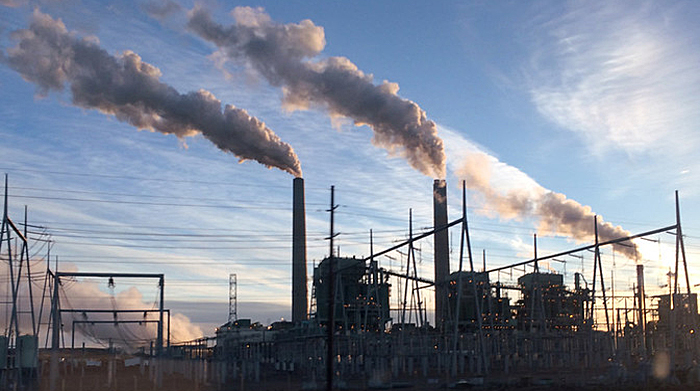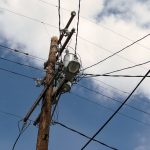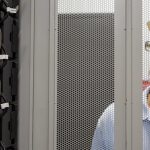Outage Risk on the Rise Due to Coal Plant Retirements

Image courtesy of Craig Dietrich under Attribution 2.0 Generic License, resized to 700 x 391 pixels.
The North American Electric Reliability Corp. (NERC) has warned that the threat of rolling blackouts is increasing due to an uptick in coal plant retirements. Simply put, renewable energy projects are not being developed fast enough to offset the coal plant shutdowns that are planned.
Impact of Coal Plant Retirements
Over 83k megawatts of generation capacity (inclusive of coal and nuclear) is scheduled to be taken offline over the next 5 years, and an additional 30k megawatts could be added to this total once the applicable plans are approved and final. Regulators and environmentalists have been pushing for coal plant retirements specifically in order to accomplish state and federal clean energy goals.
In addition to the failure of new renewable projects to keep up with and offset these retirements, an exacerbating issue is that demand is increasing due to the spread of data centers, crypto mining, and electric vehicles (EVs). In fact, NERC expects overall electricity demand to increase 10% by 2032, while generation is expected to increase by just 4% during this same time period.
From a geographic perspective, the southern and central parts of the U.S. are expected to face the biggest generation shortfall in the upcoming decade. NERC specifically flagged the Midcontinent Independent System Operator (MISO), which covers 15 central states from Canada to the Gulf of Mexico, as well as a 6-state area in the lower Mississippi and Appalachian regions, as “high” risk. Other parts of the country have been tagged as having “elevated” risk profiles.
This seems like a problem without an obvious solution. The changing climate demands a move toward renewable energy, but the transition period to get there looks like it will be messy. I’m just not sure there’s an easy path to offsetting all the planned coal plant retirements in the short term. One thing is for sure – this will be an interesting (and important) trend to monitor going forward!



